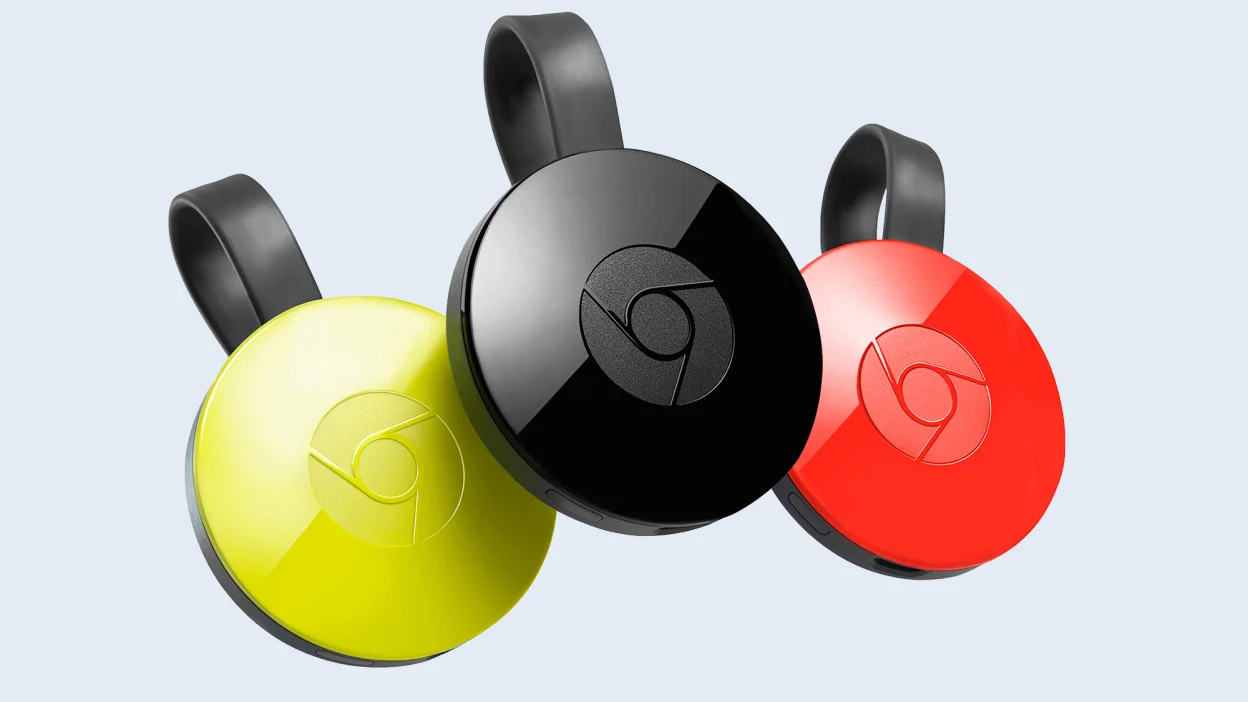A recent study highlights a significant gap between the hype surrounding chatbots and their actual usage by consumers. Despite the growing presence and capabilities of AI chatbots, their adoption and regular use remain limited among the general public.
Current Usage Trends
According to a Pew Research Center survey, a considerable portion of the U.S. population has yet to embrace chatbots. While there has been an increase in the use of chatbots like ChatGPT among younger adults, the overall adoption rate remains modest. Approximately 43% of adults under 30 have used ChatGPT, compared to just 6% of those aged 65 and older. Even among the most educated groups, only 37% with advanced degrees reported using chatbots, indicating a relatively slow adoption across demographics.
Business Adoption and Market Growth
The business sector shows a different trend, with chatbots being increasingly integrated into customer service operations. Small and medium-sized enterprises (SMEs) are more likely to adopt chatbots quickly, benefiting from the efficiency and cost savings they offer. The chatbot market, valued at nearly $1 billion in 2023, is projected to grow significantly, reaching an estimated $3 billion by the end of the decade. However, despite this growth, many businesses still rely on traditional customer service methods, with only a quarter currently utilizing chatbot technology.
Consumer Interaction and Satisfaction
A substantial portion of consumers remains skeptical about the effectiveness of chatbots. Studies indicate that while chatbots can handle simple queries and provide 24/7 support, they often fall short in addressing more complex issues, leading to mixed satisfaction levels among users. Only about 34% of consumers find chatbots helpful in customer service scenarios, while a significant number report frustration with their limitations.
Trust and Reliability Concerns
Trust in the information provided by chatbots is another critical issue. Research shows that a significant number of Americans do not trust chatbots, particularly in sensitive areas such as political information. This skepticism extends to general information, with many users preferring human interaction for more reliable and nuanced responses.
Despite the advancements and growing capabilities of AI chatbots, their actual usage by consumers remains relatively low. Businesses are increasingly adopting this technology, driven by the promise of efficiency and cost savings, yet consumer trust and satisfaction levels suggest that chatbots have a long way to go before becoming a primary mode of interaction. The study underscores the need for improving chatbot technology and addressing consumer concerns to bridge the gap between hype and actual usage.



















Add Comment